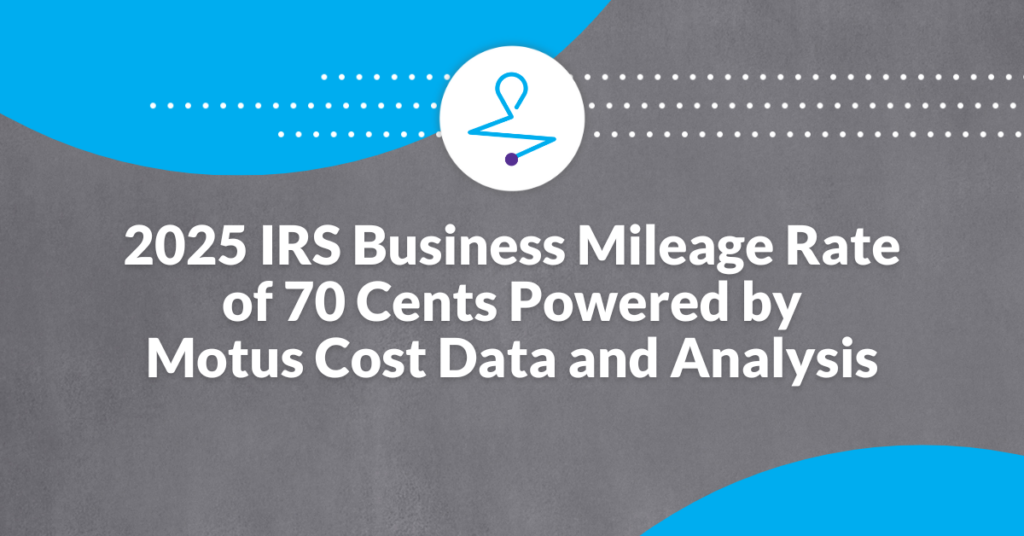Empowering CFOs with Cloud-based Technologies
The role of the CFO is changing across every type of business. Over the last two decades, we’ve witnessed the advent of tech that increases our ability to interact with business data from nearly any location. Software-as-service, smartphones and robust mobile networks have all contributed to this change. The cloud-based technologies of the mobile world have pushed the finance function to evolve. The responsibilities of today’s finance executive have expanded beyond traditional accounting practices and financial reporting. Now, more than ever, CFOs have greater visibility into their key business drivers. This has shifted the focus to providing the analytics and insights for their company’s strategic initiatives.
Accessing the Data
CFOs today are busy managing these responsibilities which requires them to be efficient with how they spend their time. In 2017, more finance executives are using cloud and mobile-based technologies to help them do their jobs effectively – myself included. These technologies offer connectivity across the business, accessibility to financial systems and real-time reporting mobile with an Internet connection. Cloud computing is changing how CFOs do every single part of their job.
Proformative, an online community for CFOs, talks about how Finance leaders are no longer building out budget templates in Excel spreadsheets to aggregate disparate data from three separate systems. Now they’re leveraging automation and cloud-based software to access and report real-time data. As Forrester research explains, more decision makers are conducting business on mobile devices. That makes now the time for finance leaders to embrace the mindset.
This research certainly resonates with me in my role at Motus. We leverage cloud-based applications for our general ledger, budgeting/forecasting and reporting. I couldn’t tell you how many times I’ve reviewed reports from my mobile device. And using the cloud to access and store financial data when working remotely is second nature. This wasn’t the case even a few years ago, financial systems required heavy IT support and the information was only available with a direct connection. The on-demand availability of business performance data is enabling finance leaders to be much more agile in their decisions.
Streamlining Reporting
The increased accessibility to business metrics and KPIs has shaped how today’s CFO operates in their role. It’s allowed for finance leaders to dedicate more time to reviewing and analyzing business performance rather than wasting time collecting the data. For example, I’m able to reference a dashboard view in a software platform that calculates critical business KPIs. It’s accessible any time and is always up-to-date.
With this quickness in processing data, CFOs are provided a more granular level of detail when they’re reporting on the business. These frequent insights help to inform business decisions in real-time. This offers an ability to make changes in investments, expenses and strategy when the data is not trending the way the business wants.
Forbes includes these sentiments in their piece regarding what CFOs can expect in 2017. In the coming year Forbes predicts, “As enterprises continue to become more digital, finance will become increasingly dependent on automation, and analytics to deliver real-time, clear, actionable and forward-looking insights.”
Optimizing Business Performance
It’s important that today’s finance leaders evaluate the benefits of mobile and cloud-based technologies. Taking advantage of these solutions can increase your team’s productivity, save you time and help you to optimize business performance. We have more on our plates than ever before, but we also have the resources and tools available to help us do more and provide more value.




